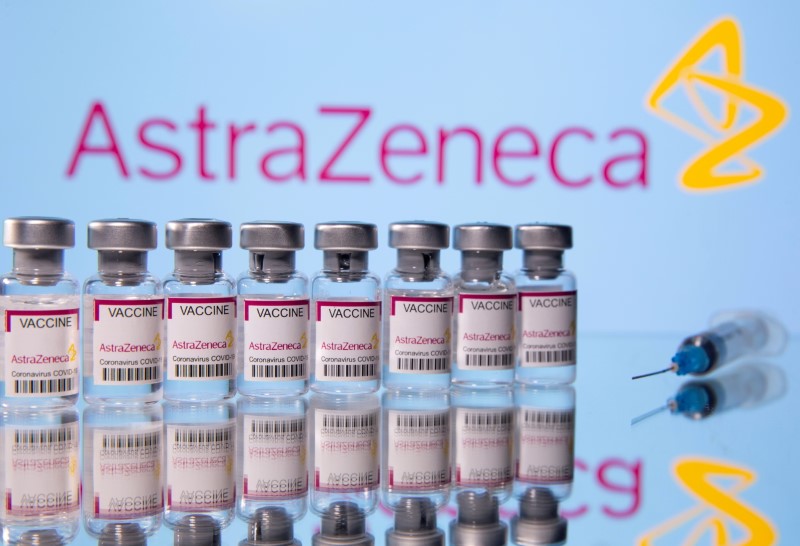KARACHI, Pakistan (Reuters) – Pakistan has lifted a rule barring the use of AstraZeneca’s COVID-19 vaccine for people below 40 years old, in a bid to help inoculate people who need to travel for education or jobs abroad, particularly Saudi Arabia, a health official said.
Pakistan, which relies heavily on remittances from its expatriate workers in Saudi Arabia, has primarily used Chinese vaccines – Sinopharm, CanSinoBio and Sinovac – in its inoculation drive and, till now, only used AstraZeneca for those above 40.
The Saudi authorities have not approved the Chinese shots, so people with only those vaccinations still need to quarantine, which is unaffordable for many, Faisal Sultan, a health adviser to the prime minister, said.
“From today, we have lifted the restriction for use of AstraZeneca for below 40 years,” Sultan told private news channel Geo television on Tuesday.
Saudi Arabia has approved four COVID-19 vaccines for arrivals wanting to avoid quarantine, namely AstraZeneca, Pfizer, Moderna and Johnson and Johnson.
Pakistan has received 1.2 million doses of AstraZeneca under the COVAX facility.
Sultan said the government was using diplomatic channels to see if Saudi Arabia would approve Chinese vaccines in future.
As of June 11, 1.3% of Pakistan’s 220 million people had been fully vaccinated and 3.8% had received at least one dose, mostly Sinopharm or Sinovac, official figures show.
Saudi Arabia is the largest source of foreign remittances to Pakistan, which depends on these funds to support its current account given the country’s yawning trade deficit.
In the current financial year, Pakistan received $7 billion in remittances from Saudi Arabia, making up more than a quarter of overall remittances.
(Reporting by Syed Raza Hassan; Editing by Edmund Blair)


























